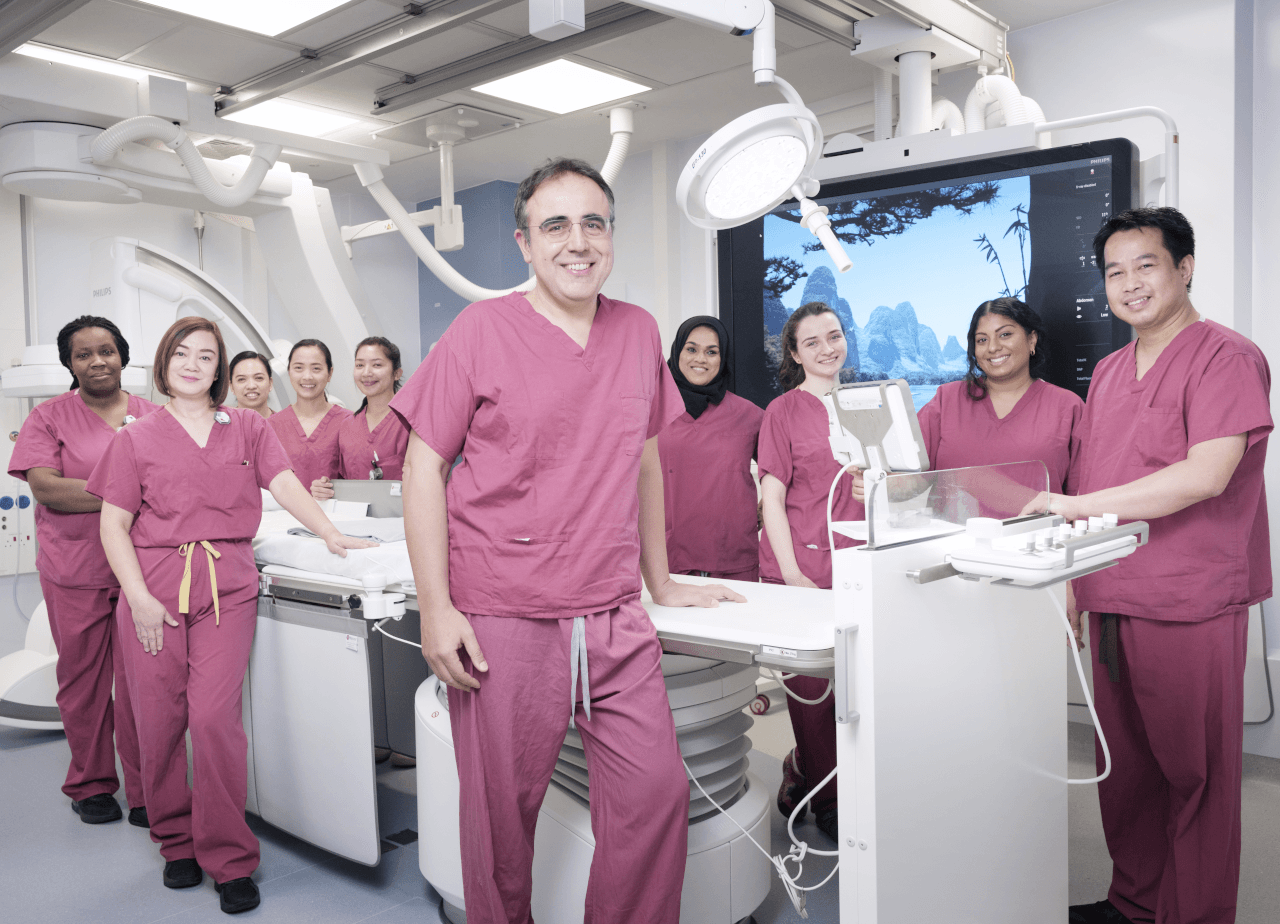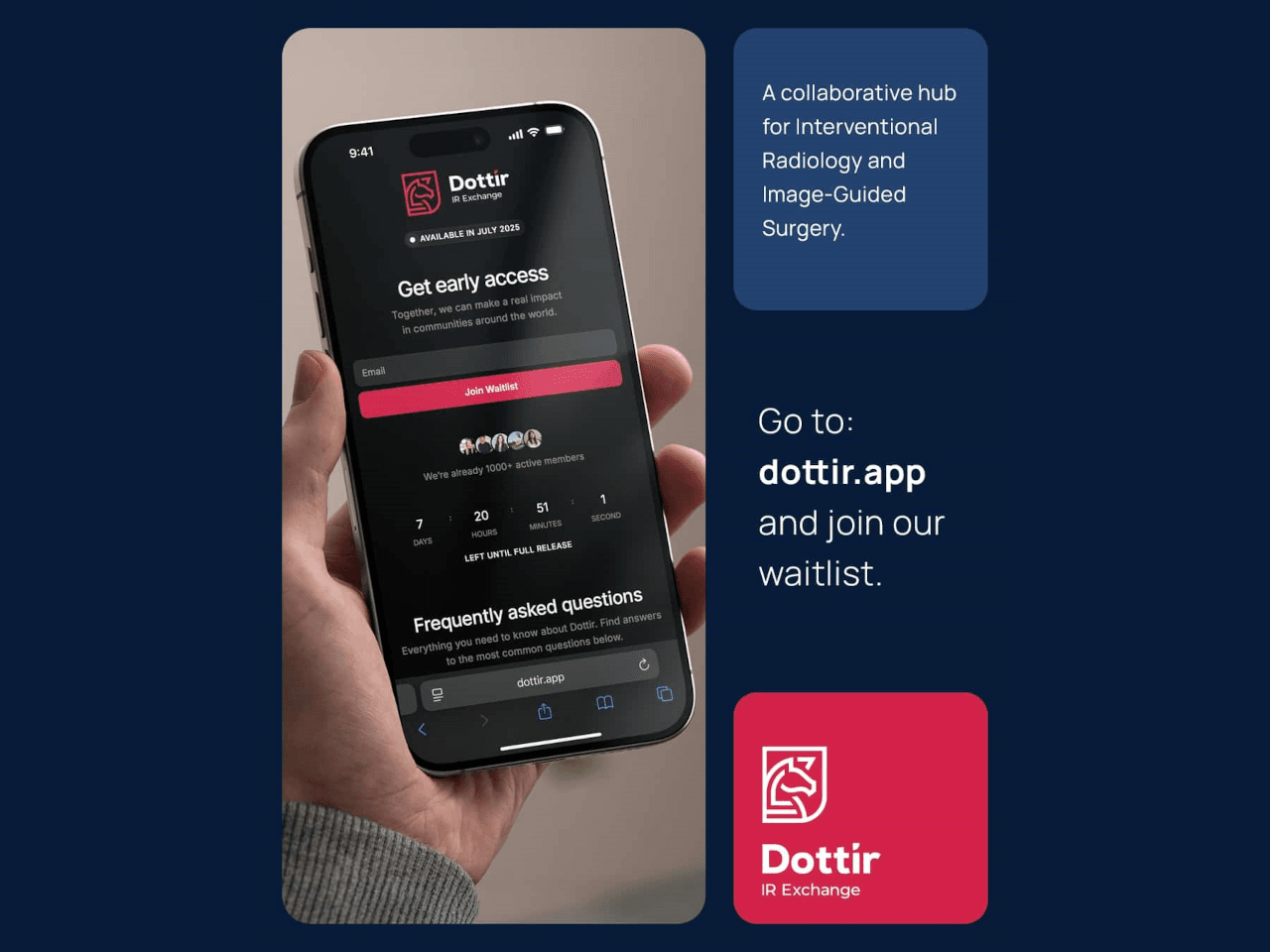Castle Hill research centre to boost radiotracer provision in the north

Research and treatment for cancer, dementia and heart disease is set to take a step forward after the handover of a £9 million molecular imaging facility at Castle Hill Hospital in East Yorkshire.
At a ceremony to mark the occasion, renowned cancer research expert and chair of Radiotherapy UK Professor Pat Price said the significance of new molecular imaging research centre (MIRC) is underlined by data showing more must be done to develop a national cancer recovery plan for the UK.
Professor Price commented: “What is happening in Hull with the new MIRC and the Jack Brignall Centre is fantastic but now we need this push in terms of fund-raising to show people what we can do. We need more capacity in diagnostic imaging otherwise cancer patients in the area are just going to have to wait longer. This will save lives.”
Founder and chair of the Daisy Appeal Professor Nick Stafford added: “We currently carry out 4,500 scans every year at the Jack Brignall Centre but the scanner is at capacity. We are looking to upgrade it to a digital device capable of getting through 7,500 scans per year, but new technology does not come cheap.”
This new research centre complements the existing PETCT centre, which has been operating for nine years. There are ongoing plans for further development to improve medical services in Hull and the charity is looking to secure new funding for the digital scanner at a cost of approximately £2.8m within the next year.
Professor Stafford, a former professor of head and neck surgery, founded the Daisy Appeal in 2000. He remains chair of the charity which created a partnership between the Hull University Teaching Hospitals NHS Trust and the University of Hull. Milestones include the opening of the £8m Daisy Appeal Medical Research Centre in 2008 and the £4.5m Jack Brignall PETCT Centre in 2014. To date, £23m has been raised by the charity.

Equipped with its own cyclotron, the MIRC will make its own radiotracers, which in the past have needed to be bought in from manufacturers elsewhere, a journey of an hour or more. When the new facility is up and running the radiotracers will be produced on site and delivered directly to the Jack Brignall PETCT Centre for immediate use.
Work on the MIRC commenced in 2018 with completion due in 2021, but construction complications and equipment delays caused by the impact of COVID-19 pushed the project back. Having taken delivery of the facility, Professor Stafford said work will now begin on the commissioning and licensing procedures, with radiotracer production on course to start in the next two months, and the cyclotron operational in around six months. Professor Stafford added: “We will be able to manufacture a variety of clinically relevant radiotracers not currently available to patients in the north of England and, as the only facility of its kind between Cambridge and Edinburgh, we aim to become a referral centre for specialised PET imaging.
“Clinical scanning activity in the UK is predicted to rise 12 per cent year on year for the next decade and the industry partners we work with are gearing up to meet that. GE HealthCare, which supplied our cyclotron, has predicted an increase in sales for radiotracers and radiotherapeutics in the United States from $1.17bn in 2020 to $24.9bn by 2031. I’d like our facility to have a share of the UK element of this market.”
Annual running costs for the MIRC are £700,000 and the charity will continue to pursue other revenue opportunities from grants, corporate and personal donations and fund-raising activities in the community.
Lead picture: chair of Radiotherapy UK Professor Pat Price, founder and chair of the Daisy Appeal Professor Nick Stafford and head of the molecular imaging research centre Sallyann Wright inside with the cyclotron, which will enable the MIRC to make its own radiotracers.
Read this report on the front page of the October 2024 issue of RAD Magazine.



